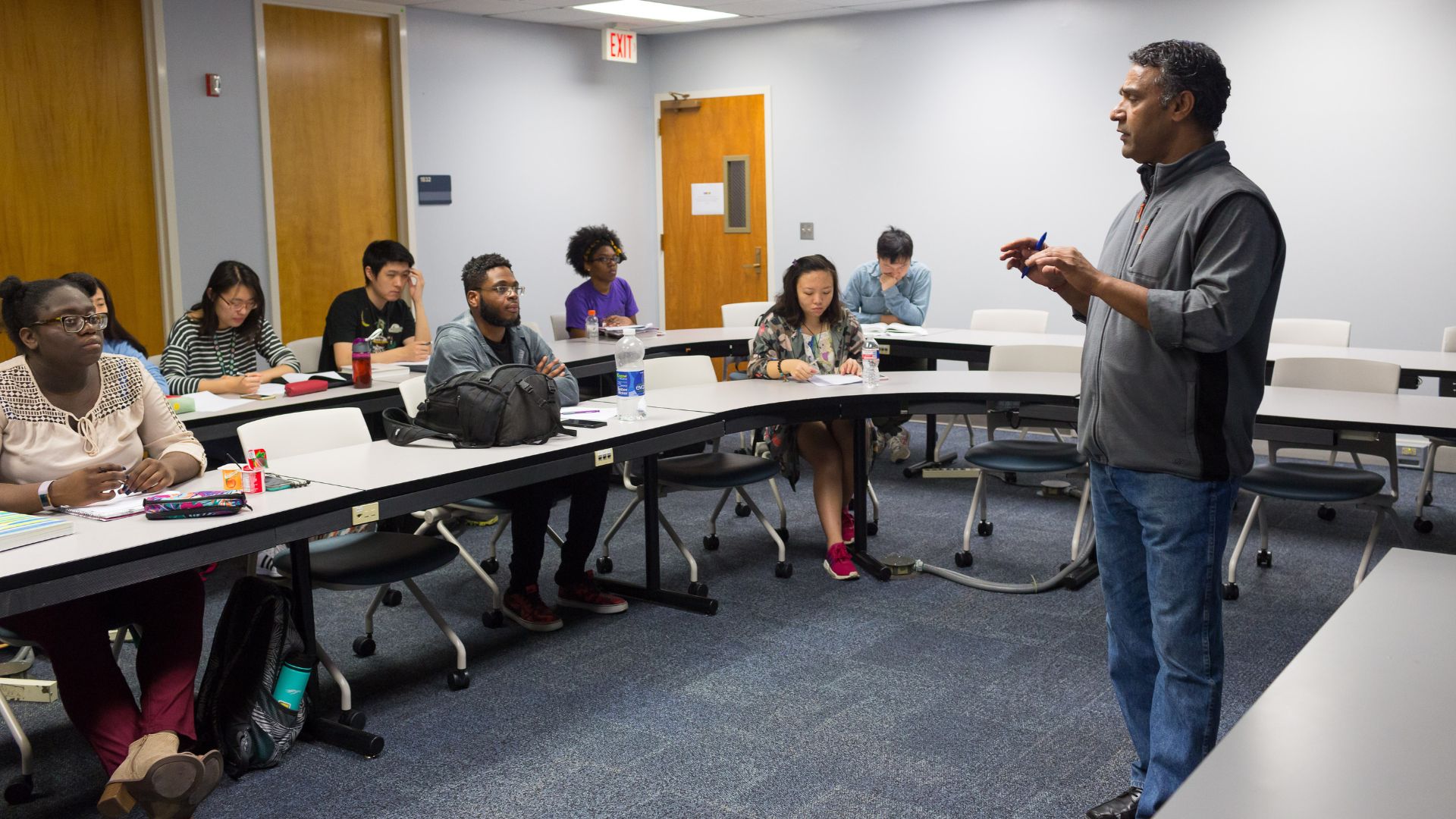Epidemiology degree programs prepare students for careers pursuing vital research in diverse fields ranging from public health to artificial intelligence programs.
July 2020

Tulane University offers epidemiology students opportunities to interact with faculty extensively inside and outside the classroom. Courtesy Tulane University School of Public Health and Tropical Medicine
As scientists around the world labor to understand more about COVID-19, their work has highlighted the importance of epidemiology—the branch of medical science that deals with the incidence, distribution and control of disease in a population.
The modern science of epidemiology began in the mid-19th century, as doctors struggled to grasp how deadly diseases spread. Through observation and painstaking collection of data, scientists showed how infectious diseases like cholera were spread by polluted drinking water sources and other illnesses through the unwashed hands of the doctors. More recently, epidemiologists have been able to prove the link between environmental factors and deadly non-communicable diseases. This work has allowed public health authorities to eliminate or regulate factors harmful to human health.
In a world grappling with a pandemic like COVID-19, it becomes even more important to focus on the study of epidemiology. Epidemiology study programs, primarily at the graduate level, are offered by a number of universities in the United States. For instance, Harvard University in Massachusetts and Tulane University in Louisiana offer several master’s-level programs of one or two years, some full-time and others part-time, for working professionals.
Harvard University’s Department of Epidemiology has around 200 students, about 40 percent of whom are from outside the United States. Tulane University’s epidemiology department enrolls about 100 students, of which about a quarter are from overseas.
“We have molded our program over the years to match what is needed research-wise and career-wise by our students. The biggest thing our school has focused on in recent years is population health—nutrition, environmental factors, reproductive issues—rather than specific diseases,” says Eric DiGiovanni, assistant director of graduate studies at the Harvard T.H. Chan School of Public Health, which is home to the university’s epidemiology department. “We try to train our students to be specialized and have a wider breadth to their education.”
He adds that India is among the top four countries sending students to the department. “Our staff is very happy to connect people interested in our programs with people studying now or our graduates,” says DiGiovanni.
At both institutions, admission requirements are almost the same for U.S. as well as international students: good grades in their undergraduate studies, a good Graduate Record Examination (GRE) score, a personal letter outlining the applicant’s public health career goals and interests, and letters of recommendation from previous instructors or employers. In addition, international students must demonstrate English-language proficiency through a TOEFL or IELTS exam.
Tulane University offers field experience to its master’s students, in the form of cooperation and internships with public health agencies, health providers or community health organizations. “Part of what makes Tulane’s study program unique is being embedded in a population with a wide range of health issues,” says Susan Hassig, director of Tulane University’s Master of Public Health program in epidemiology.
Tulane students interact with faculty extensively inside and outside the classroom. “We are relatively small, which gives the option for extensive advising and mentorship, so students can get the most out of the program and look at all their options,” she says.
Both institutions share that almost all their graduates find work in their field within months of graduation. There is a wide range of career opportunities in epidemiology, with entities like public health agencies, nongovernmental organizations and pharmaceutical companies. New jobs in this domain are also opening with technology companies. For instance, those working on public health apps and artificial intelligence programs to help analyze trends.
“A quarter of our M.A. students go on to Ph.D. programs. Many go on to work for government agencies and NGOs,” says DiGiovanni. “I’ve seen more students take biostatistics and computational courses, and we’ve created more big data mining activities.”
Hassig says that in the past, graduates went more often into public agencies. Recently, new directions, based on new technologies, have come up. “Epidemiology can be relevant in a whole host of roles,” she says. “It is really based on asking questions and figuring out solutions that offer answers.”
Burton Bollag is a freelance journalist living in Washington, D.C.
COMMENTS